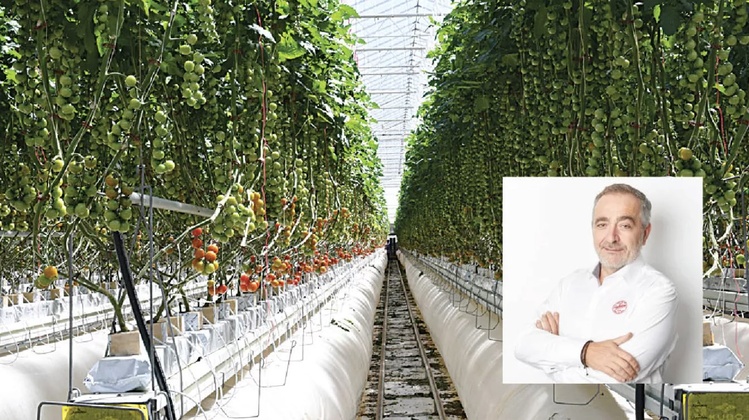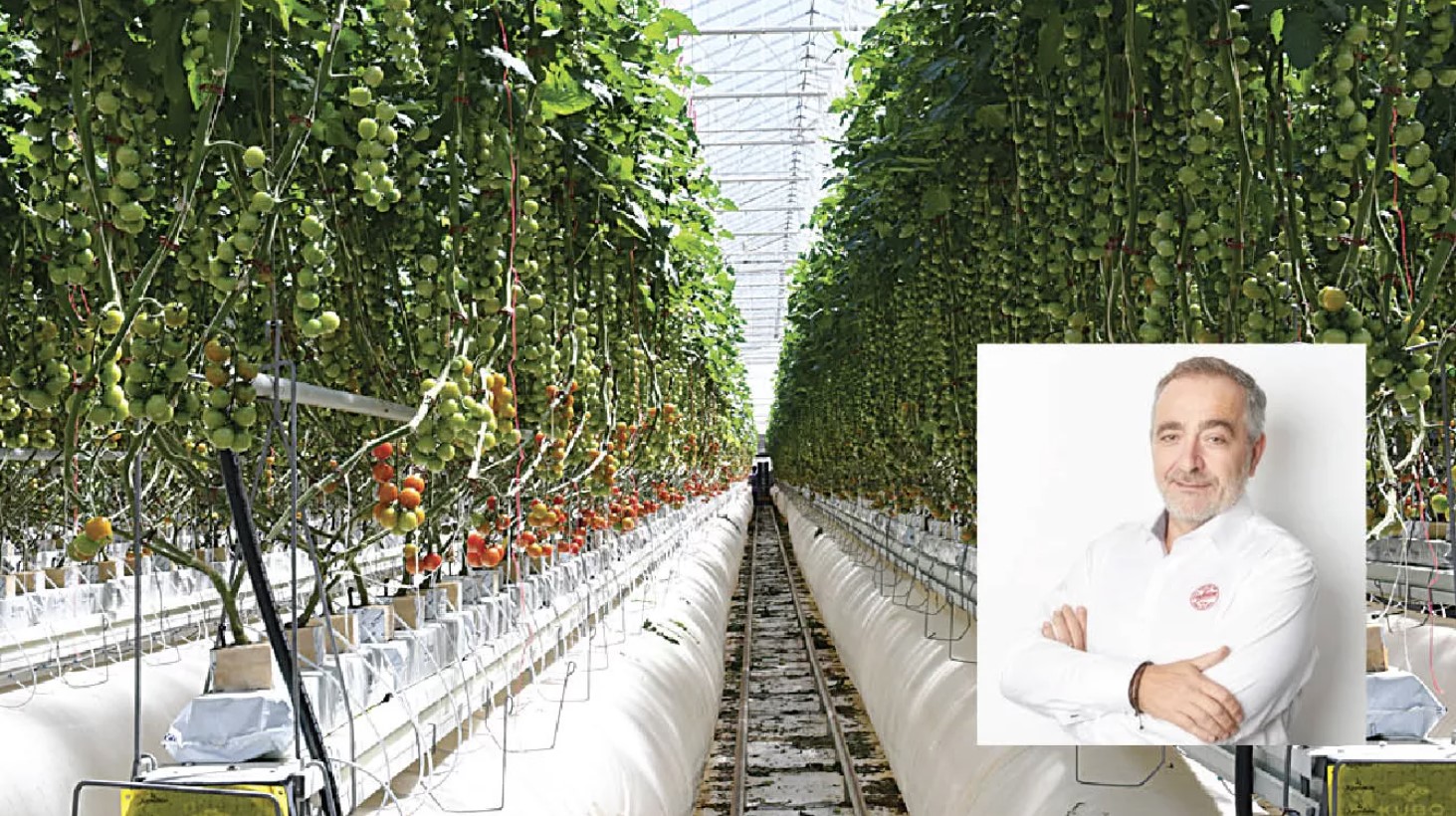ADELAIDE – The virus, previously unseen in Australia, has infected hundreds of tomato crops across the state.
It was traced back to seeds imported last May and sold to growers, though the federal Department of Agriculture insists that these seeds were accompanied by safety certifications.
While it poses no threat to human health, the South Australian Department of Primary Industries and Regions (PIRSA) has moved to eradicate it swiftly, as it can reduce a plant’s yield by as much as 75 percent.
Michael Simonetti, CEO of Perfection Fresh – an agricultural leader for over 45 years and one of the three businesses impacted by the virus – criticised the government’s quarantine restrictions, calling them “somewhat excessive”.
“While we appreciate the South Australian Government’s efforts to contain ToBRFV and recognise the pressure coming from other States, we believe the lockdown of our operations is entirely unnecessary as the virus has been successfully contained,” he said.
“The impact of the lockdown on our employees and their families is simply devastating.”
The company’s tomatoes have been off supermarket shelves nationwide for weeks, with prices expected to rise due to the “tens of millions of dollars lost”.
Perfection Fresh Australia has also expressed its dismay at having to cut jobs due to the complete shutdown of its Two Wells tomato operation in Adelaide’s northern region.
“Perfection Fresh has no choice but to cut jobs in its tomato business,” said Simonetti.
“We are already working with the South Australian Government, as well as unions and other fruit and vegetable producers, to find roles elsewhere in the industry for as many of its affected team members as possible.
“Every worker will receive their full entitlements, with the prospect of additional support from government programs,” Simonetti added.
He also noted that interstate bans on tomatoes and other products from South Australia have heightened the likelihood of rising costs across the sector, placing more pressure on the cost-of-living crisis.
Among 47 samples testing positive for the virus, thousands of other “healthy” tomatoes and plants have been destroyed, with the company’s 43-hectare South Australian operations indefinitely shut down.
South Australia’s Minister for Primary Industries, Clare Scriven, emphasised that eradication was essential to safeguard the broader agricultural sector.
“I’m aware that a small number of growers would prefer to let this go, but the virus is highly transmissible and can spread through soil, wind and machinery,” she explained.
Meanwhile, Victoria, Tasmania and New South Wales have imposed restrictions on importing tomatoes from the three affected South Australian businesses, while Queensland and Western Australia have banned all South Australian tomatoes.
Despite these setbacks, Perfection Fresh remains committed to biosecurity.
“Perfection Fresh takes its biosecurity responsibilities extremely seriously and we will continue to work with the South Australian Department of Primary Industries and Regions (PIRSA) and the South Australian Government to protect the State’s biosecurity,” confirmed Simonetti.












